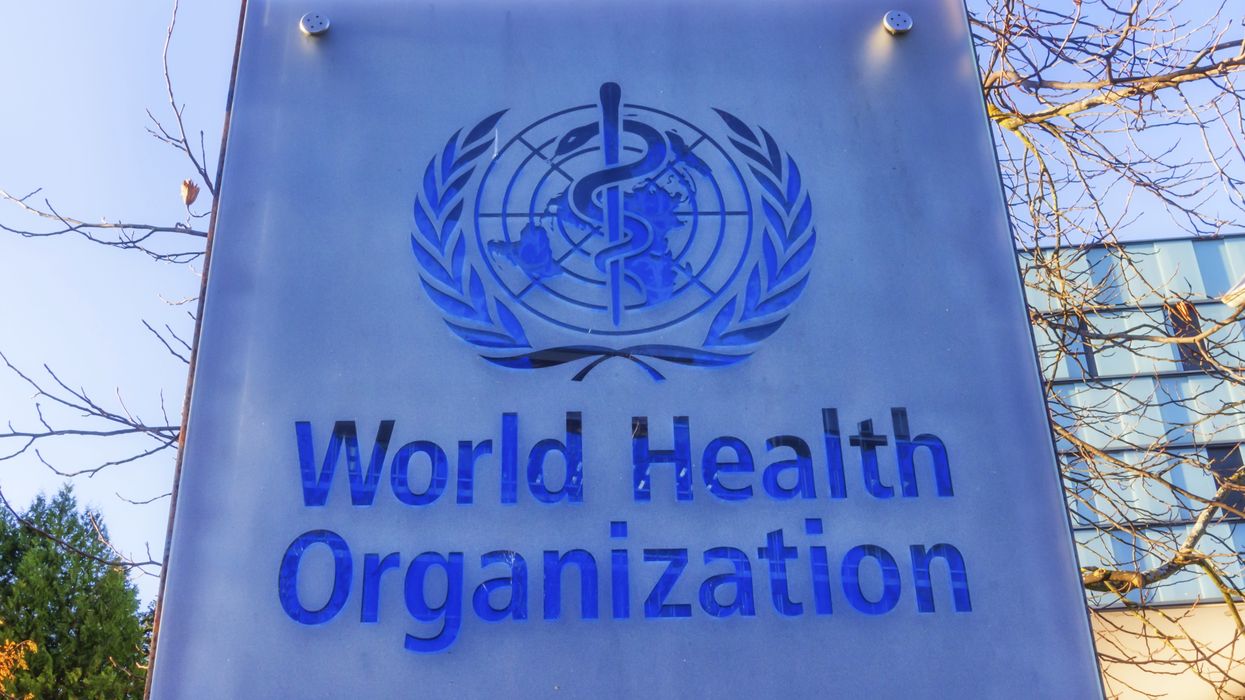A McGill Prof Was Part Of The 'Largest Study Ever Conducted' On Violence Against Women
A new study conducted by the World Health Organization found that one in three women, roughly 736 million around the world, experience violence. And a team of McGill researchers, led by Professor Mathieu Maheu-Giroux, was part of the study.
The study titled, "Global, regional and national estimates for intimate partner violence against women and global and regional estimates for non-partner sexual violence against women" is the "Largest study ever conducted on the prevalence of violence against women," according to the university.
Editor's Choice: There's A Famous Fjord 5 Hours From Montreal That Makes Quebec Feel Like Norway Or Sweden
More specifically, the study found that 25% of young women aged 15-24 will experience violence by an intimate partner by the time they are in their mid-twenties.
The pandemic is likely worsening these statistics
The research in this study was conducted between 2000 and 2018, therefore does not reflect the new realities that many women are facing amidst the COVID-19 stay-at-home measures.
WHO and its affiliates acknowledge that the pandemic has likely "further increased women’s exposure to violence, as a result of measures such as lockdowns and disruptions to vital support services."
“It’s deeply disturbing that this pervasive violence by men against women not only persists unchanged, but is at its worst for young women aged 15-24 who may also be young mothers. And that was the situation before the pandemic stay-at home orders. We know that the multiple impacts of COVID-19 have triggered a 'shadow pandemic' of increased reported violence of all kinds against women and girls,” says Phumzile Mlambo-Ngcuka, UN Women Executive Director.
“Every government should be taking strong, proactive steps to address this, and involving women in doing so.”
A major impact is played by the inequities that women face
Women living in lower-income countries are more likely to experience violence, the study claims.
The findings indicate that 37% of women who live in the world's "poorest countries have experienced physical and/or sexual intimate partner violence in their life." In some places, this statistic is as high as 50%.
The regions in which women aged 15-49 experience the highest rates of "intimate partner violence" are Oceania, Southern Asia and Sub-Saharan Africa, which occur at a rate of 33-51%.
Europe experiences the lowest rate of 16-23%, followed by Central Asia at 18%, Eastern Asia at 20% and South-Eastern Asia at 21%.
According to the study, young women are at particular risk of experiencing violence. 16% of women aged 15-24 were found to have had experienced violence in their relationship "in the past 12 months."
"Violence against women must be prevented."
"Violence – in all its forms – can have an impact on a woman’s health and well-being throughout the rest of her life – even long after the violence may have ended. It is associated with increased risk of injuries, depression, anxiety disorders, unplanned pregnancies, sexually-transmitted infections including HIV and many other health problems.
"It has impacts on society as a whole and comes with tremendous costs, impacting national budgets and overall development," says the study.
The team states that addressing violence against women requires a deeper analysis of the inequalities faced by women, institutionalized sexism and lack of resources for women, among others.
Suggestions going forward include governments conducting policy reformation, interventions in schools and education systems and providing healthcare systems with the tools and resources needed to help survivors of violence.

